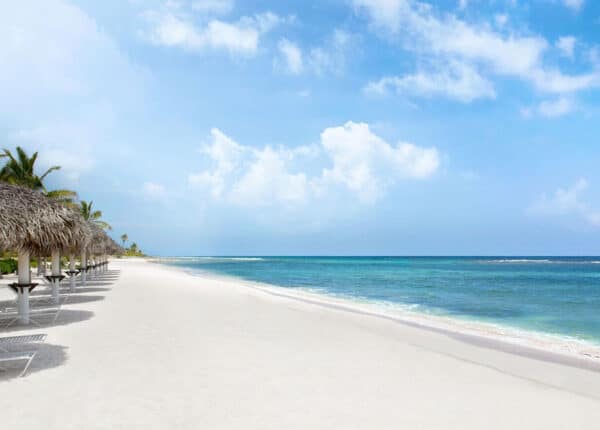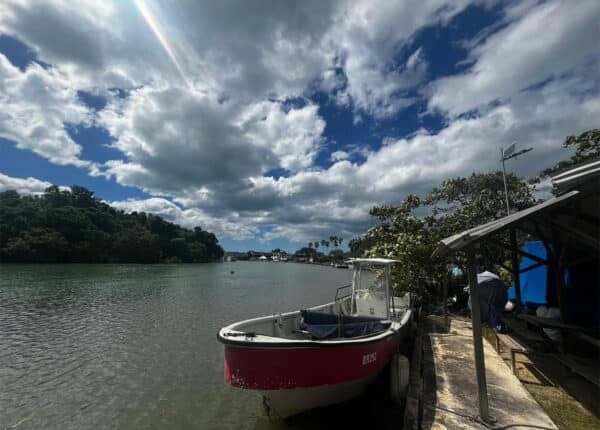By Dennis Chung
CJ Contributor
According to the World Economic Forum’s 2015-16 Global Competitiveness Report, crime and theft are the second most problematic factors to doing business in Jamaica, accounting for 16 per cent of the challenges. This is only outdone by inefficient government bureaucracy at 16.4 per cent.
Recently we have seen an upsurge in horrific crimes, including multiple killings. These include the following murders: a three-year-old killed by her father, a policewoman shot at a bus stop, and two US missionaries killed by persons unknown. These incidents have renewed calls for severe punishment for the perpetrators. The case of the US missionaries has understandably caused international press coverage, which can result in a negative economic impact if not managed properly.
There have also been renewed calls for hanging by the Security Minister and others. All this comes at a time when we are fighting for the freer movement of Jamaicans within Caricom. The government has also placed responsibility for reducing the crime rate on the shoulders of Police Commissioner Carl Williams.
In my view, the fundamental issues that have created the crime monster will not be addressed by either the resumption of hanging or by saddling the Commissioner with the superhuman task of reducing the crime rate. Hanging can only be a deterrent if we are able to catch the criminals. Even then it is not a solution if a trial takes years to complete, and then through the lengthy appeal process hanging might be in breach of the Pratt and Morgan rules.
It is also impractical to place the responsibility for reducing crime at the feet of the police, as in most cases all they can do is react to the crime after it is committed. I say this because an assessment of the crime statistics reveals that many killings are domestic, with gang murders in second place. We have discussed many times that the real challenges with crime in general and murder in particular have less to do with policing and more to do with the environment.
In 2015, for example, I am told that the police solved 600 murders committed by more than 700 people, which is a significant number of murders to solve. This has been achieved despite being hampered by inadequate resources and operating in a challenging working environment, both in the office and on the streets.
How can the police prevent domestic crimes, if they are defined as mainly crimes of passion, and not premeditated – which means they occur in the heat of the moment? All the police can do is react.
How do the police eliminate gang murders when the society and communities are actually creating more and more people who are likely to fall into crime every day? As an example, one of the challenges with crime in St James is the number of squatter settlements that have mushroomed. So because the communities are not properly organised, they are very difficult to police, and the conditions the people live in do not encourage civil behaviour.
Although short-term fixes must be found to relieve the increasing crime situation, the fact is that a sustained reduction in crime needs a much more detailed assessment. In my view, the first thing we must do is understand what are the causes of crime, and many of these causal factors occur years before the crime actually occurs. For example, people who commit murder today may have been victims of child abuse who saw one or both parents murdered years earlier, or who grew up without any parental control over what movies or music they were exposed to.
The fact is that our crime situation today has resulted from policy missteps over the years. In short, we have continued to create an environment which encourages criminal activity. This is no different from children growing up in a household where there are no rules, and they can do and get away with anything they want. So if children have grown up in an unstructured environment, don’t expect that when they get to 18 they will adhere to the rules of society or their workplace.
Similarly, Jamaica continues to facilitate an environment of indiscipline on the roads (taxis and buses drive how they want); night noise from dances throughout the night (in contravention of the Noise Abatement Act); blaring music that promotes violence and abuse of women; illegal squatting and violation of the zoning laws; illegal vending; violation of environmental standards; and abuse of children and the elderly.
This undisciplined environment is supported by a very slow justice system and a grossly under-resourced police force that is fighting corruption within its own ranks. Add to that a less-than-adequate education system and a high incidence of children not attending school.
So in fact, crime is supported by the ways we have chosen to organise ourselves. We have had many spontaneous reactions to crime over the years – special police task forces such as ACID and Kingfish; curfews; Suppression of Crime Act; Gun Court; and in 2010 – the Tivoli incursion. All this has not resulted in reduced levels of crime, but rather an increasing distrust between the authorities and the Jamaican people, as evidenced by the LAPOP report over the years.
If we are serious about making Jamaica a safe place, then we must realise that crime can only be solved by creating a society of order and respect for the average citizen. We must stop fertilising the crime tree.
Until we choose to do so, we will continue to react to an ever-increasing problem (at best we might have a short-term reprieve). The security forces will find it more and more difficult to cope, and we as Jamaicans will continue to suffer.
We must create opportunities for all Jamaicans and ensure that our children are protected and not subject to conditions that breed criminal behaviour. We must use technology such as CCTV and properly resource the police force. We must ensure that legislation such as the new Road Traffic Act is enacted in short order, just as we do with tax legislation.
Only then can we say that Jamaica will be the choice of place to live, raise families, work, and do business.







